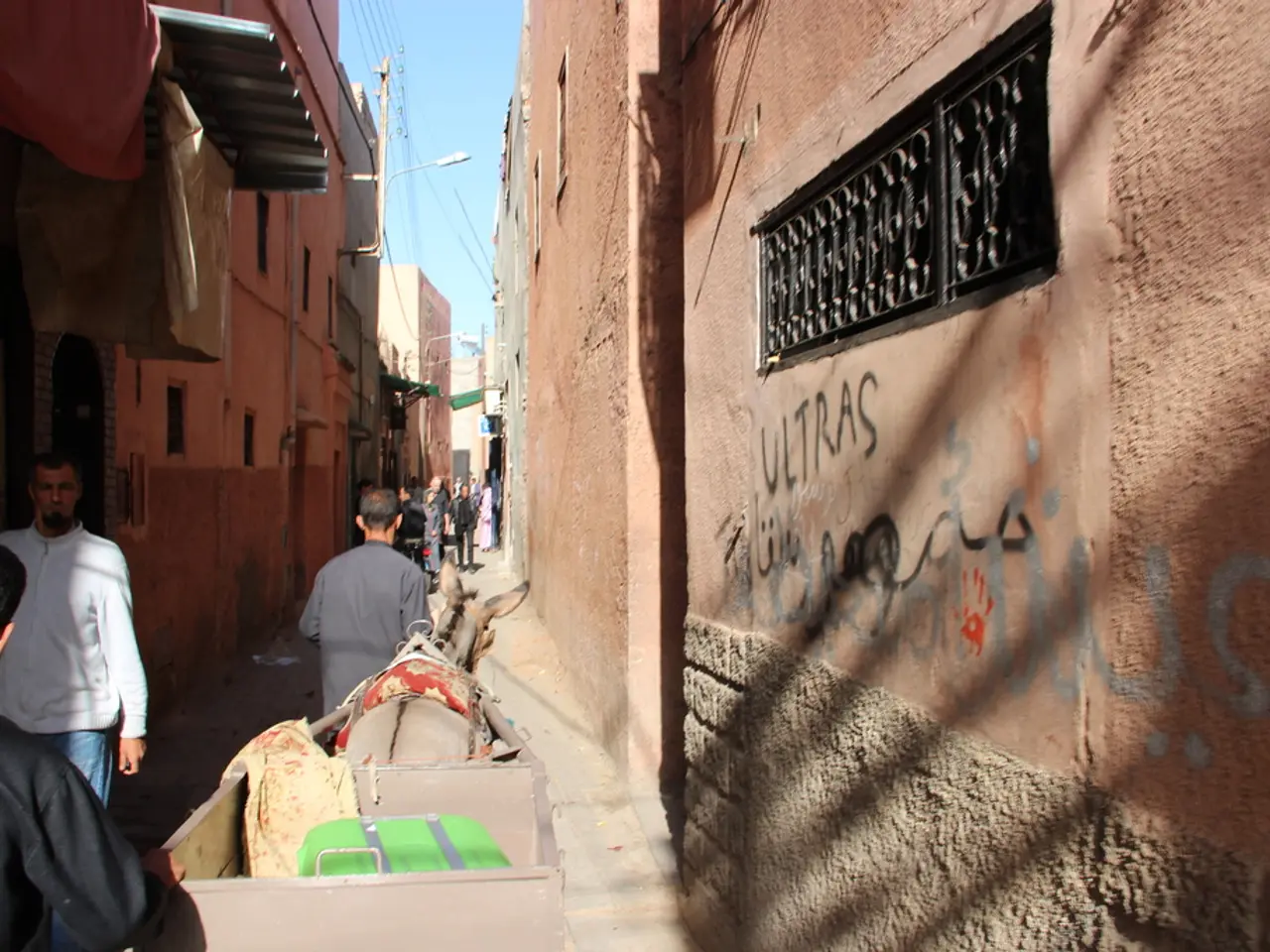Massive emigration of Cambodians spurred by ongoing menaces from their homeland
In recent weeks, a significant number of Cambodian migrant workers have been leaving Thailand, prompted by a combination of factors including armed conflict along the Thai-Cambodian border, rising anti-Cambodian sentiment, discrimination, and fears for personal safety.
The renewed military clashes near the disputed Preah Vihear temple area have led to casualties, displaced populations, and border checkpoint closures, intensifying fears among migrant workers. Many workers have experienced or feared attacks from locals and gangs in Thailand, while rumors spread that those who do not return home will lose land and citizenship rights in Cambodia.
These threats and rumors have caused significant worry among Cambodian workers, leading many to leave Thailand. Sitthikorn Pomthong, a speedboat builder in tambon Huai Yai, Bang Lamung district, reports that over 80% of his workforce have left, with relatives urging them to return. Chitipat Janthong, a 55-year-old contractor, is also experiencing a loss of Cambodian workers, with only seven left out of his previous workforce.
The impact on Thai industries has been severe. Cambodian migrant workers constituted a significant percentage of the labor force, especially in border provinces and key sectors such as agriculture, construction, and food processing. With about 70–80% of the labor force in some border areas made up of Cambodians, their sudden departure has caused substantial labor shortages, disrupting production and business operations nationwide.
The Thai government is attempting to fill the labor gap by recruiting from other neighboring countries like Laos and Myanmar, but bureaucratic and logistical limits have slowed this effort.
Meanwhile, many Cambodian workers who returned home face unemployment, poverty, and lack of government support, pushing some to risk illegal and dangerous crossings back into Thailand despite tightened border security.
Ta, a 34-year-old Cambodian employee at the speedboat factory, has chosen to stay because he trusts his employer and believes the Thai government respects Cambodian workers. He no longer watches Cambodian news to avoid worry. However, village headmen are reportedly urging Cambodian workers to return home or risk losing land and citizenship.
This situation reflects acute geopolitical tensions affecting human migration and labor markets in the region. The exodus of Cambodian migrant workers is a complex issue, with roots in both economic insecurity and political instability. As the situation continues to evolve, it is crucial for both governments to address the concerns of their citizens and work towards ensuring the safety and well-being of all migrant workers.
References: 1. BBC News 2. The Phnom Penh Post 3. The Nation 4. The Star 5. The Bangkok Post
- This exodus of Cambodian migrant workers, driven by war-and-conflicts along the Thai-Cambodian border, rising anti-Cambodian sentiment, and fears for personal safety, has introduced a new layer of complexity into politics and general-news discourse within the region.
- Crimes against Cambodian workers in Thailand, coupled with the government's lack of support upon their return home, contribute to an environment where rumors spark fear and force some to resort to illegal and dangerous crossings back into Thailand, disrupting both the labor market and the rule of justice.







